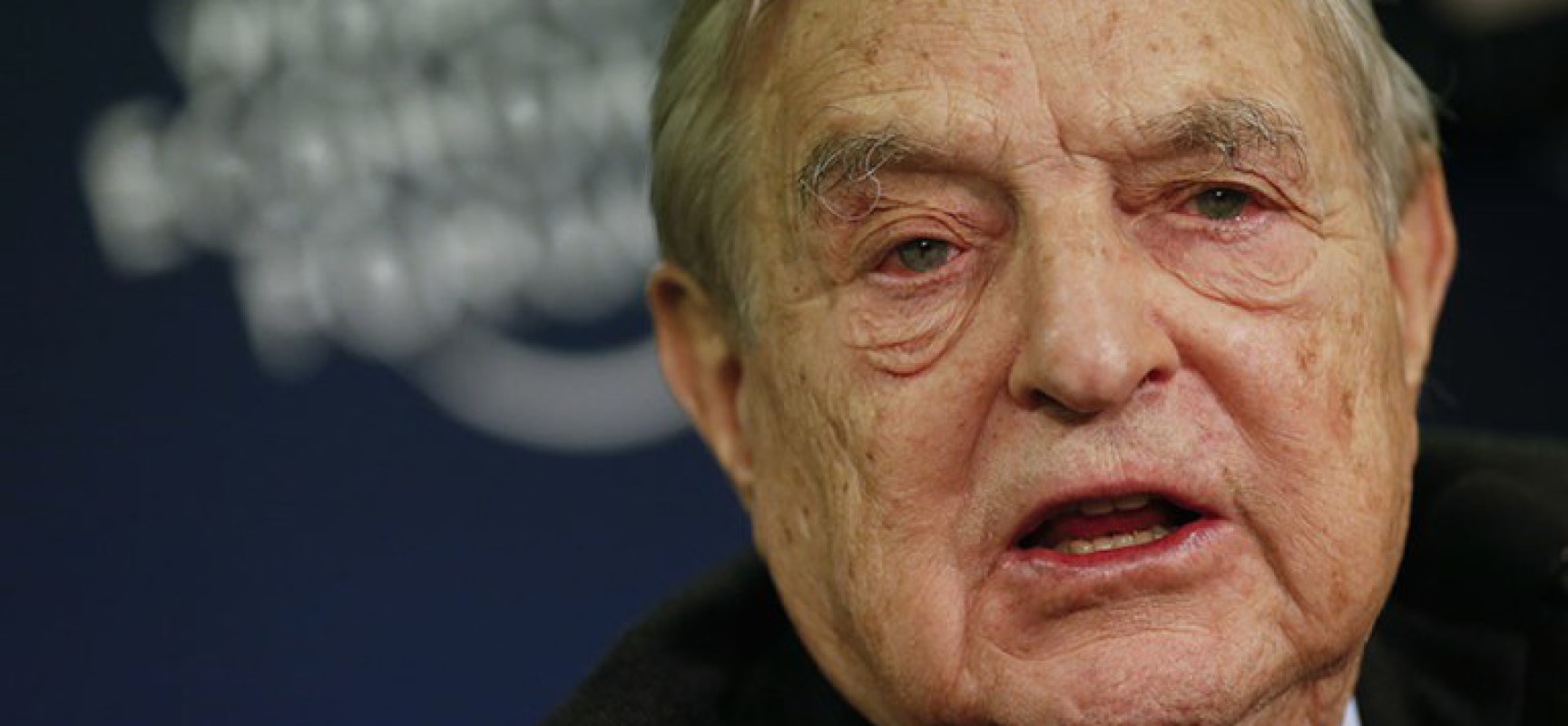The bomb sent to his house last week, allegedly by a rabid fan of Donald Trump, has cemented George Soros’s status as the official bugbear of the American right.
Earlier this month, President Trump contributed to the financier’s totemic status by falsely accusing him of paying protesters at the Brett Kavanaugh confirmation hearings.
The billionaire has been thrust into the same role in the United States that he has occupied in Europe for decades: the object of twisted fascination for far-right conspiracy theorists and anti-Semites who see a hidden hand wherever they look.
This old European trope about the Hungarian émigré led that country’s prime minister, Viktor Orban, to wage a years-long campaign against the Soros-funded Central European University in Budapest. Last week, Mr. Orban succeeded in getting the prestigious school to announce a move to Vienna.
In all of these attacks, forthright defences of Mr. Soros are surprisingly rare. That’s a shame. His legacy of funding democratic political movements and championing liberal values is more important than ever.
After surviving the Holocaust thanks to false papers obtained for the family by his father, Mr. Soros went to study at the London School of Economics. By the 1980s, his wildly successful career in finance had allowed him to pour money into eastern European dissident groups working to undermine communism, not least in his native Hungary.
When those efforts succeeded, he spent even more lavishly to rebuild civil society in the former Eastern Bloc, constructing schools, training teachers and paying scientists. The Central European University is the most visible fruit of that effort. Mr. Soros’s involvement in U.S. politics has been an extension of his liberal efforts in Europe. As a consequence, he has become an influential supporter of Democrats and progressive causes.
He donates lavishly to those causes, but that’s normal in U.S. politics. That a rich man who has spent his life fighting nazism and communism, and now the worst instincts of the Republican Party, should find himself the subject of paranoid slander at every turn says more about our historical moment than it does about the man.




























